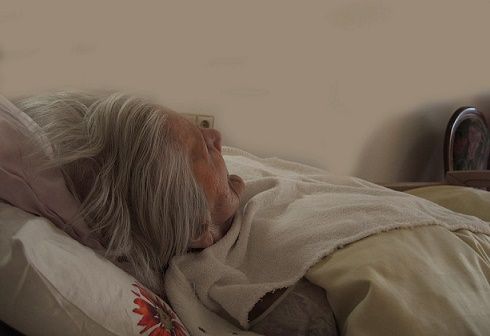Danish researchers believe they have found a link between people with a particular sleep disorder during the rapid eye movement (REM) phase and Parkinson’s disease.
READ ALSO: Danish research aims to diagnose Parkinson’s early via a phone call
Parkinson’s disease is a long-term degenerative disorder of the central nervous system that mainly affects the motor system. Around 7,300 people in Denmark suffer from it. The disease occurs because groups of nerve cells in the brain that produce dopamine cease to function.
Although there is no cure, it is possible to treat the symptoms and the sooner the condition is diagnosed, the better chance there is of at least keeping it in check.
A dopamine shortage
Sleep disorders can be a sign of an infection in the brain. Researchers at Aarhus University Hospital and University Hospital Clínic de Barcelona have investigated the dopamine-producing nerve cells in the brain that are part of the immune system of people who suffer from sleep disorders – particularly during the REM phase. Their brains were found to be lacking in dopamine.
Healthy people are relaxed and lie still during the dream phase of sleep but those with rapid eye movement sleep behaviour disorder, RBD, undergo a disturbed sleep and punch, kick or shout in their sleep.
“These patients have an infection in the brain where the dopamine-producing nerve cells are found,” explained one of the researchers, Morten Gersel Stokholm from Aarhus University and the PET centre at Aarhus University Hospital.
The missing link
This is ground-breaking research because nobody has previously proved that there is a connection between a brain infection and the risk of developing Parkinson’s disease. The findings have just been published in The Lancet Neurology.
“The hope is that this knowledge can be used to determine which patients with sleep disorders might later develop Parkinson’s disease,” said Stokholm.
“At the same time, it is also knowledge that can be helpful when it comes to developing drugs that can prevent or arrest the development of diseases.”
Sleep disturbance often hits people between the ages of 50 and 70 and is more common among men than women – as is Parkinson’s disease, which also strikes the same age group and also shows the same gender bias.















